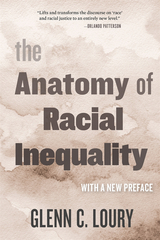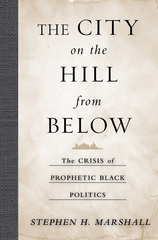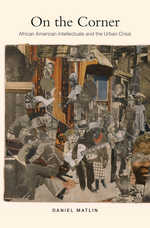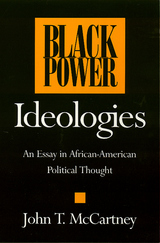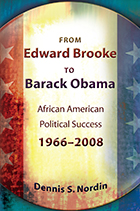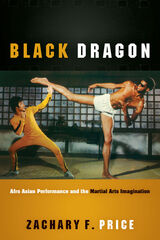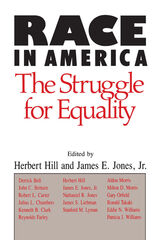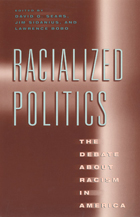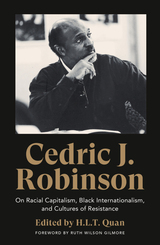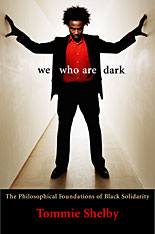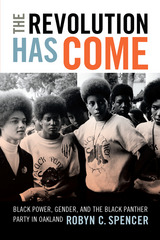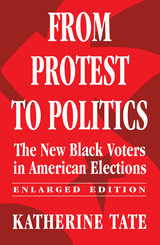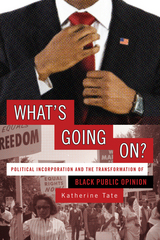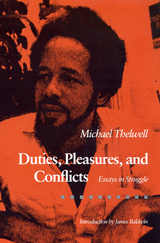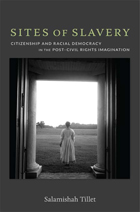Paper: 978-0-674-74573-5 | Cloth: 978-0-674-74574-2
Library of Congress Classification E185.615.S293 1985
Dewey Decimal Classification 303.3870973
This book traces changes in American attitudes toward racial issues that have taken place between the 1940s and the 1980s--a crucial period that encompasses the civil rights revolution, the growth of black militancy and white resistance, and the enactment of affirmative-action legislation.
The authors are the first to compare data about black and white attitudes collected by three major survey organizations: Gallup, the National Opinion Research Center, and the Institute for Social Research. They make careful distinctions between attitudes toward principles of racial equality and attitudes toward government action to implement those principles. The wide research base and methodological sophistication of their analysis yield conclusions quite different from those of earlier, more narrowly drawn studies. For example, they find that while there has been a striking increase in support for principles of equality and fairness, support for some kinds of implementation of these ideals lags far behind or has even declined among both blacks and whites. The implementation measures considered range from busing to achieve integration of schools to laws requiring equal opportunity in employment. In addition to reanalyzing survey data, the authors have also performed several innovative experiments on the wording and context of survey questions to help them interpret the data more accurately.
See other books on: Bobo, Lawrence D. | Interpretations | Schuman, Howard | Social surveys | Trends
See other titles from Harvard University Press

